There is a lot of puzzled anxiety surfacing in recent phone conversations with small business owners. “I don’t know why this is happening. The marketing we've done for years stopped working like it used to.”
A few of these cases were companies with successful track records of twenty or thirty years.
So, what’s going on?
Here’s the scene: owners wear many hats—hiring, managing staff, negotiating with vendors, customer service, sales, and doing their best to keep up with the latest marketing trends.
Some things get pushed to the back burner as the urgent demands-of-the-day command attention.
Yet for the most part, they seem to make it work, often for many years. Typically, they’ll rely on one or two methods for customer acquisition and sales growth.
Does SEO Still Work and Can it Revive Sales Growth?
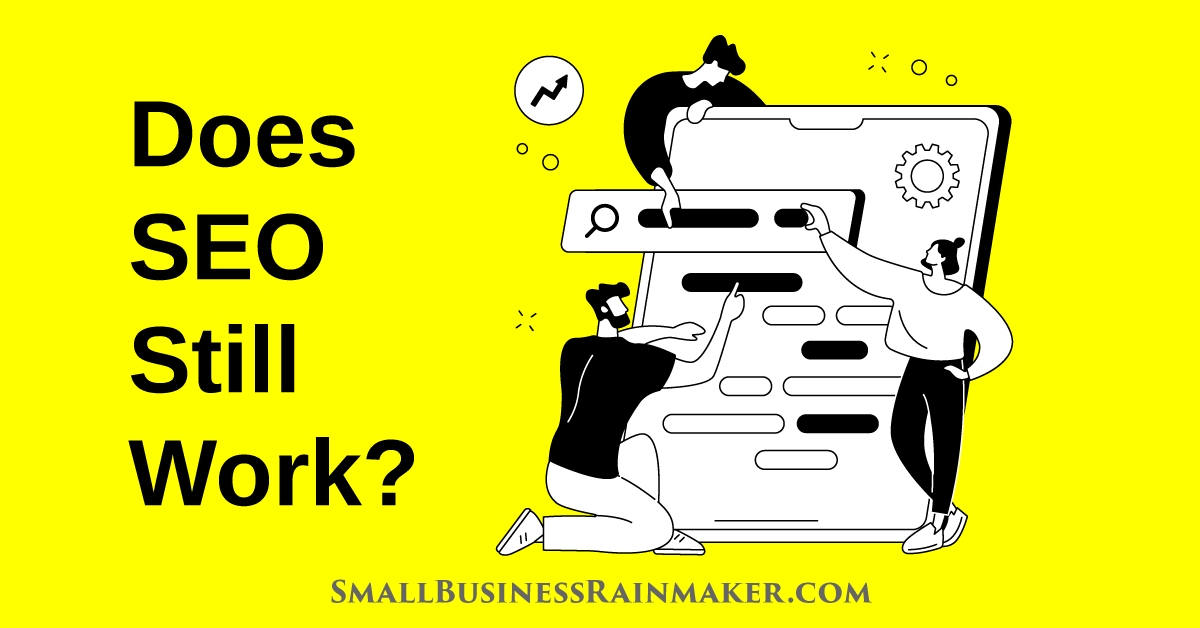
But the past two years completely disrupted that familiar story and devastated small companies around the globe. There are far too many tales of inexplicable slumps in revenue.
Yet there is one thing they all have in common, and there is a simple solution.
It comes down to one of the “back burner” marketing items I mentioned.
Not handling it translates to tens of thousands of dollars left on the table for competitors.
And I understand why companies don’t deal with this one thing:
- It can be tedious
- It takes time
- It requires study if they’re doing it themselves
- It often requires tech skills
With a full plate of daily obligations, most owners have neither the time, skills, nor inclination. And frankly, for years it may not have been necessary.
I'm talking about search engine optimization (SEO.) Done right, SEO can deliver leads and customers for years.
Ignored or done wrong, it either leads to revenue problems or to a sharp rise in customer acquisition costs, or both.
What SEO Means – a Simple Explanation
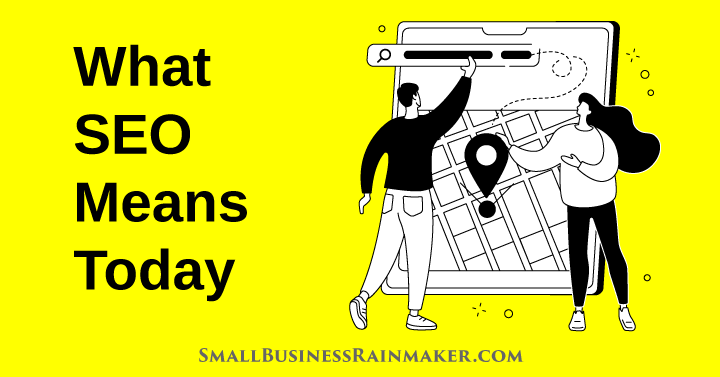
In case you’re not familiar with SEO, here’s the short explanation.
When customers type a search term into Google, Bing, or any other search engine, they're presented with a list of pages related to the “keywords” that were just typed.
Search engines are machines. They send out bots that analyze billions of web pages, looking at the topic and the quality of content. Algorithms then categorize and rank these pages to answer the question posed by the keyword.\
All we do in SEO is make sure the company’s content answers the questions their ideal clients are asking. Then we make sure it appeals to these search ‘machines’.
Why SEO is Important, Today More Than Ever
During the past two years, the entire world has moved online…for work, shopping, entertainment.
Consumers in B2B and B2C all go online first to do their research and shopping. Yes, they might head out to a physical store to make a purchase, but their first point of contact is almost 100% certain to be online.
Companies that haven’t worked on their SEO, or who have let it slide, are not appearing online when their clients search. They miss that all-important moment of first contact.
The result—declining revenues or bigger ad spends to get the same results. It becomes harder and more expensive than ever to maintain, let alone grow sales.
When a company optimizes their online presence (SEO), they show up higher in these search rankings.
A study of Google click-through rates on page one from FirstPageSage found that:
- 80.8% of clicks on page one search results go to the top five positions.
- The number one organic results gets 39.6% of clicks.
- The top paid ad only averages 2.1% of clicks...even though it's at the very top of the page.
Also, if the number one result is a snippet such as a video or image, it gets 43.7% of the clicks. (This is one reason why we stress video and visual content. They are likely to become ‘featured snippets’ which get up to 10% or more higher click-through rates.)
To top it off, nearly 90% of local searches result in the prospect reaching out to one or more of the companies on page one.
That’s because local searches are “high intent” searches, meaning that the searcher intends to reach out to a local business to research a purchase, or is ready to make a purchase at that moment.
The bottom line is that page one rankings for relevant keywords are essential for all companies today.
Where to Start with SEO – the Local Search Strategy
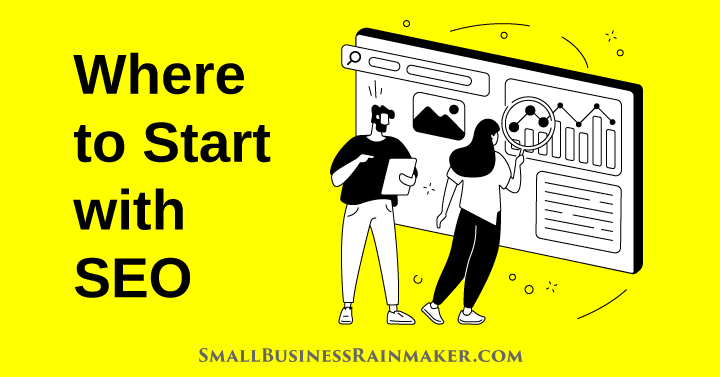
Getting to the top of search engines for national or global terms like "best tv" is difficult. (There are 40,000+ searches/month for that term.) There are dozens of global TV manufacturers using large teams and ad agencies to produce SEO content for every related keyword imaginable. Plus, they’re spending millions on ads.
Nevertheless, local companies or niche B2B companies have an advantage over these marketing behemoths.
For example, when it comes to “tv stores near me,” searched in Parsippany, NJ, there are an estimated 10+ searches/month. (That doesn’t sound like much, but you’ll see why it IS important in a minute.) Any competition in the area will likely not have a team of content producers on hand.
The same goes for most local search terms such as "best burger in Sparta NJ" or "best printing company in Spokane." There might be just a handful of competitors to any given local business.
This makes it easier for ambitious local businesses to get top search results. In some small areas, even a modest effort by a lone company can get fast return on investment because none of their competitors are bothering with local SEO.
Another advantage to managing a local SEO strategy is that search engines are good at predicting when people need local results.
For example, if you're in Chicago and Google a generic "best donuts," you get results for Chicago. The best donuts in Detroit aren't useful for someone in the Windy City.
Small B2B niches are similar to local businesses when it comes to SEO. The only difference is that something besides geography defines the niche.
For example, “video marketing for sports injury chiropractors” is a highly targeted niche.
Because there is less competition for local or niche keywords, they are easier to rank than high-volume generic or global search terms. Yes, the search volume is lower. However, less competition means it’s also easy to rank many such related keywords.
For example, a small company that ranks 200 low-volume keywords that get only 10-20 searches per month, will show up in 2,000 to 4,000 searches per month…without paid ads.
If their keywords are targeted to answer common client questions, or to solve a common client problem, they become evergreen content. In other words, they can appear in search results for years, for as long as they are relevant.
Add it all up, and small businesses are in a superb position to take advantage of SEO by implementing a ‘local SEO’ strategy, or a hyper-targeted niche strategy if they are a national brand.
The shift to online consumer research and purchasing has been happening for years, but it was accelerated by the pandemic.
That’s why it’s important for companies that haven’t done any strategic SEO work to commit to it now, whether they do it themselves or hire someone to help.
- Local SEO efforts can be evergreen. Work done once can deliver leads and customers for years.
- People are searching right now for what every company has to offer. They might as well be there to serve them. Why leave it all to competitors?
- Companies can use video and visual content to fast track their search campaigns. Optimized videos can get page one search results minutes after posting because Google favors “snippets”.
This doesn’t mean that other marketing channels should be ignored.
Instead, a major decline in revenue or a sharp rise in customer acquisition costs signals that current marketing channels should be reevaluated and prioritized to match today’s buying environment.
For more details on the amount of revenue some businesses leave on the table by not working on SEO, watch this video training on local SEO.
It also covers how a video + SEO methodology can get companies on page one faster than conventional SEO efforts.







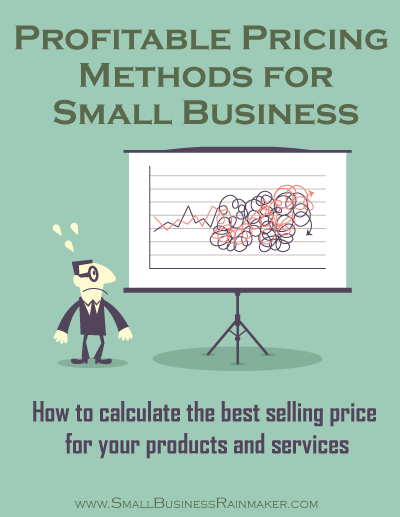
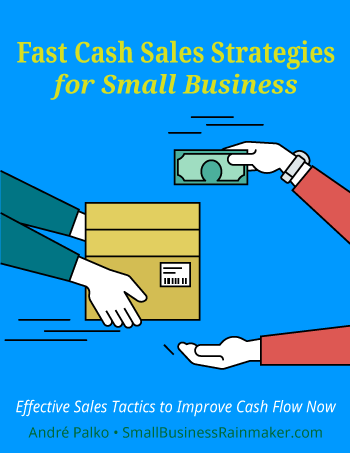
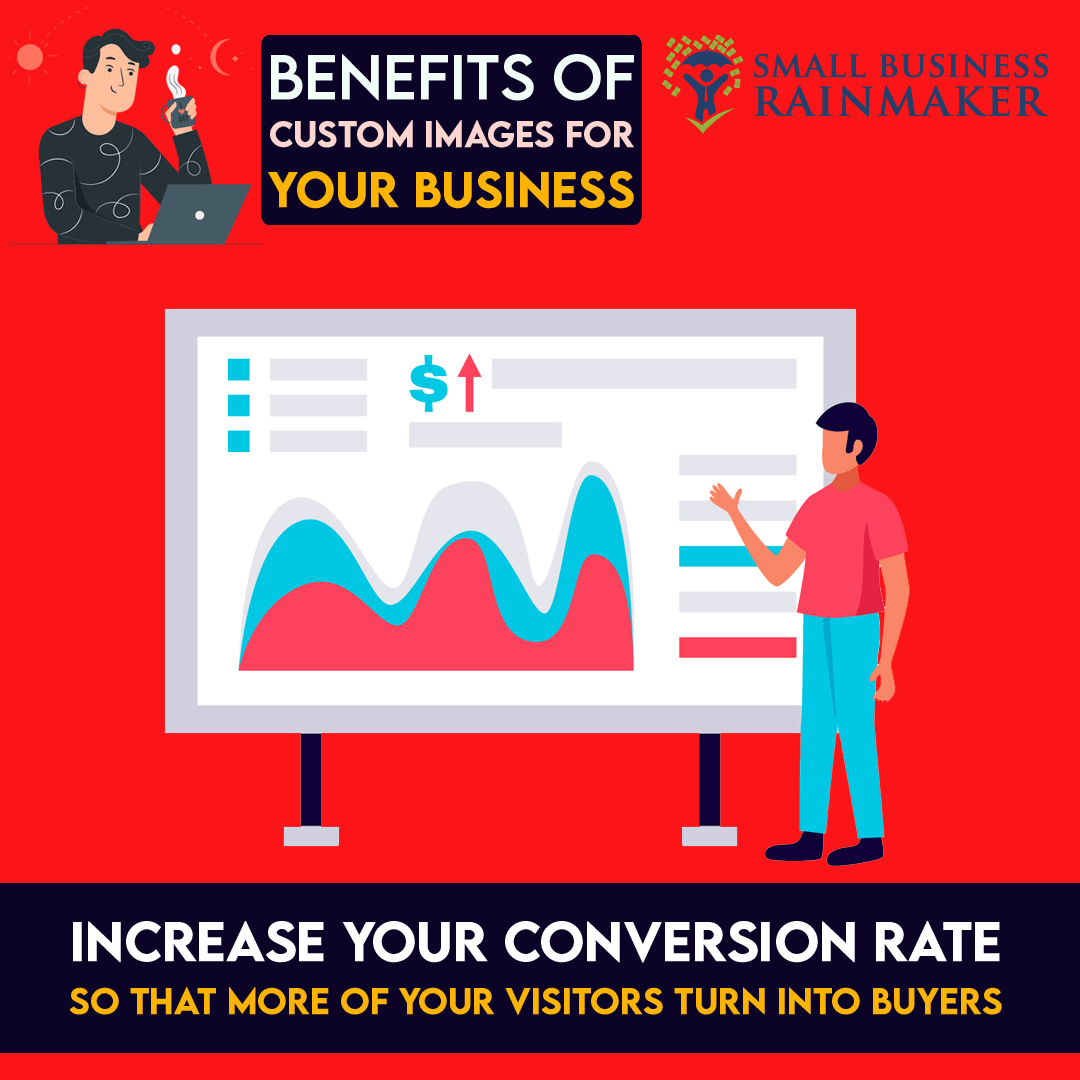
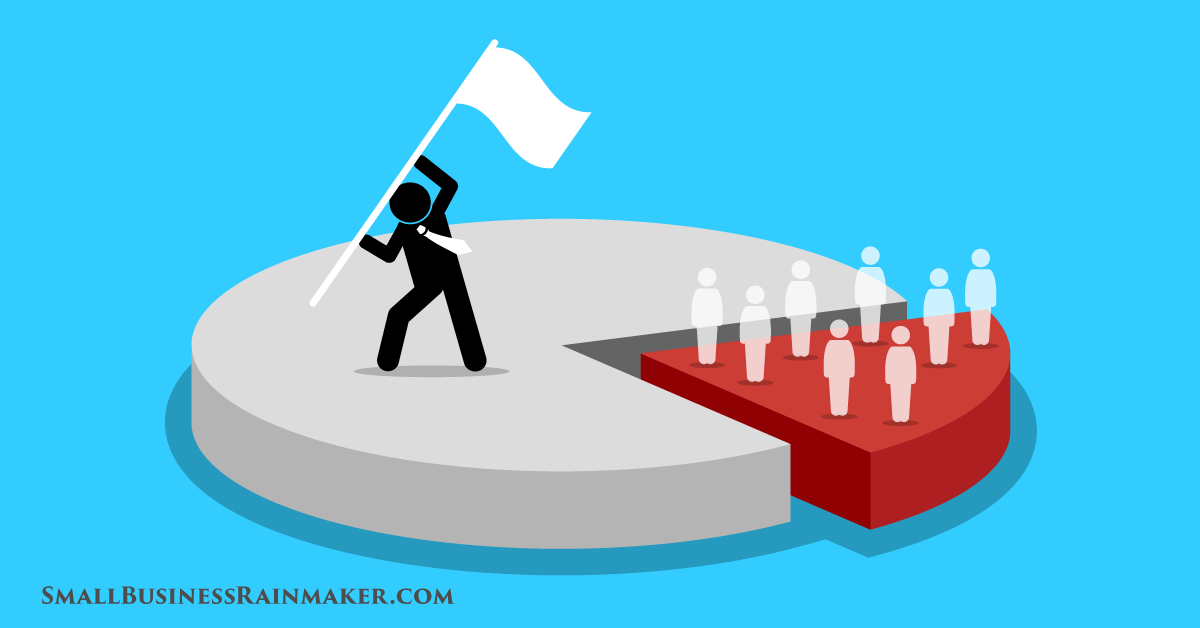
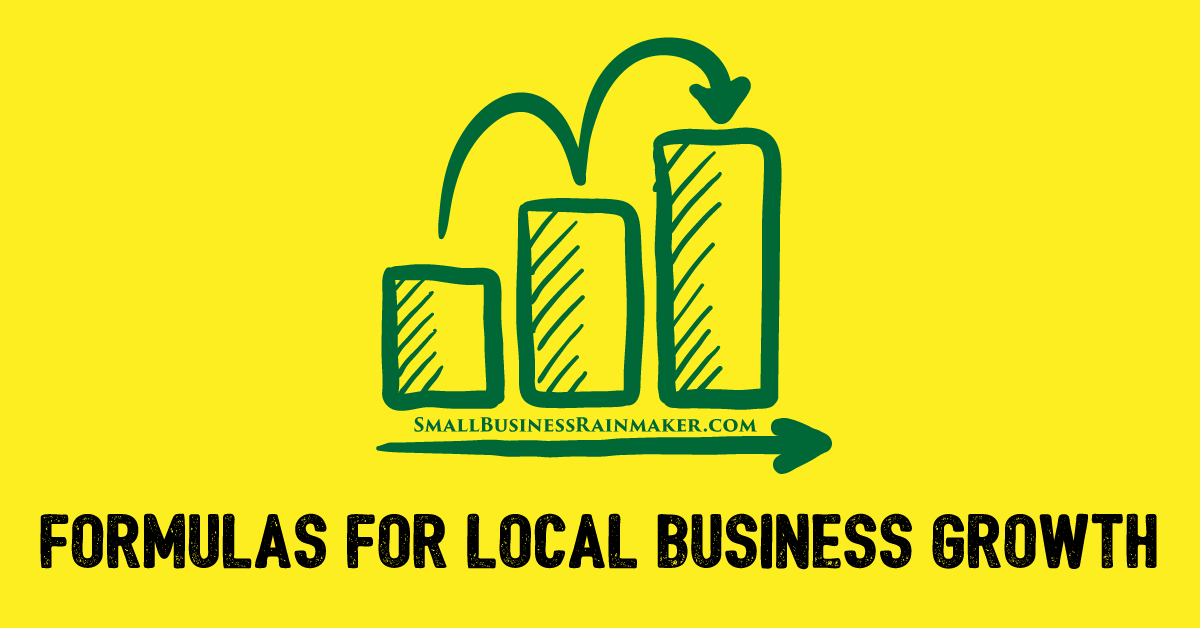


Leave a comment